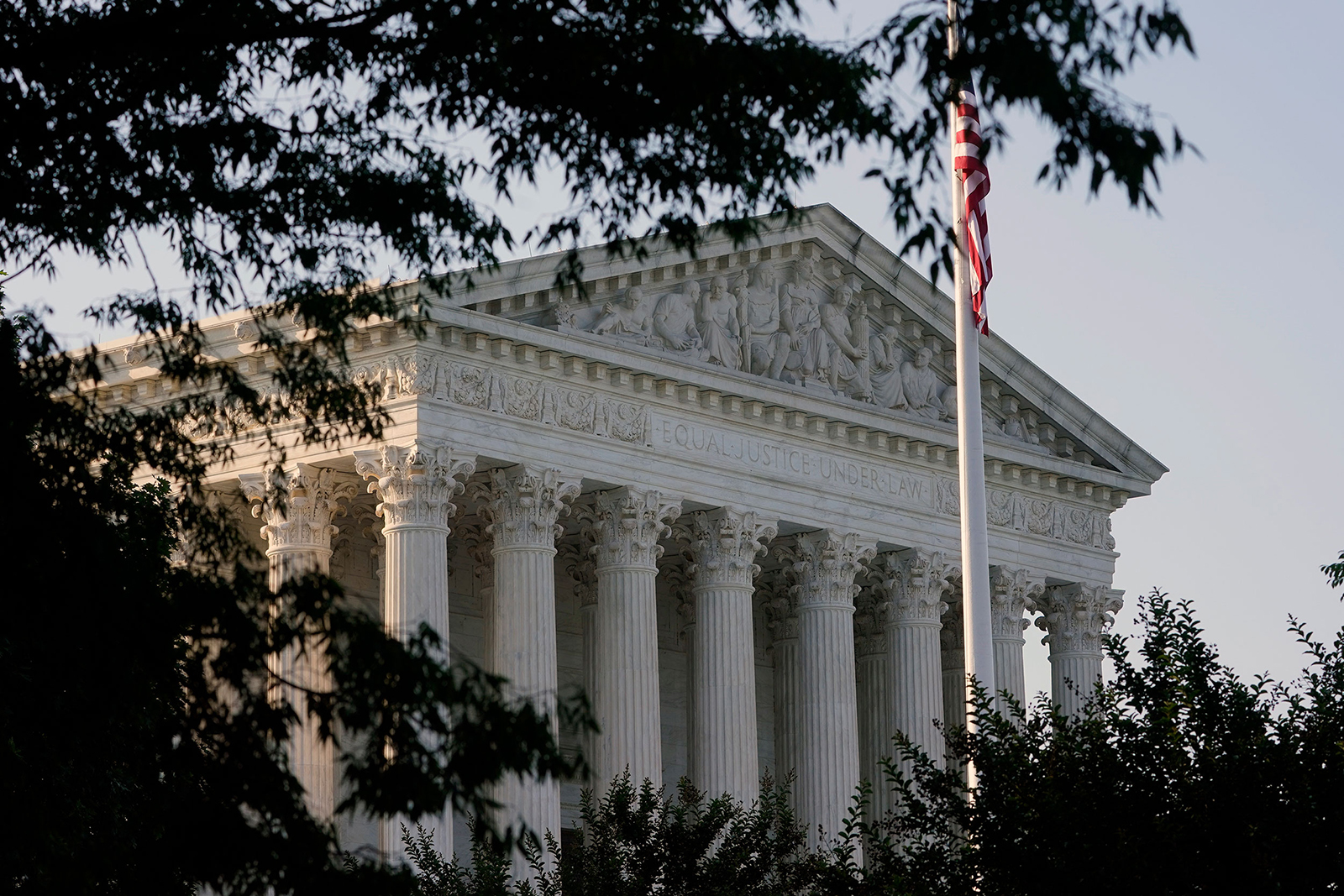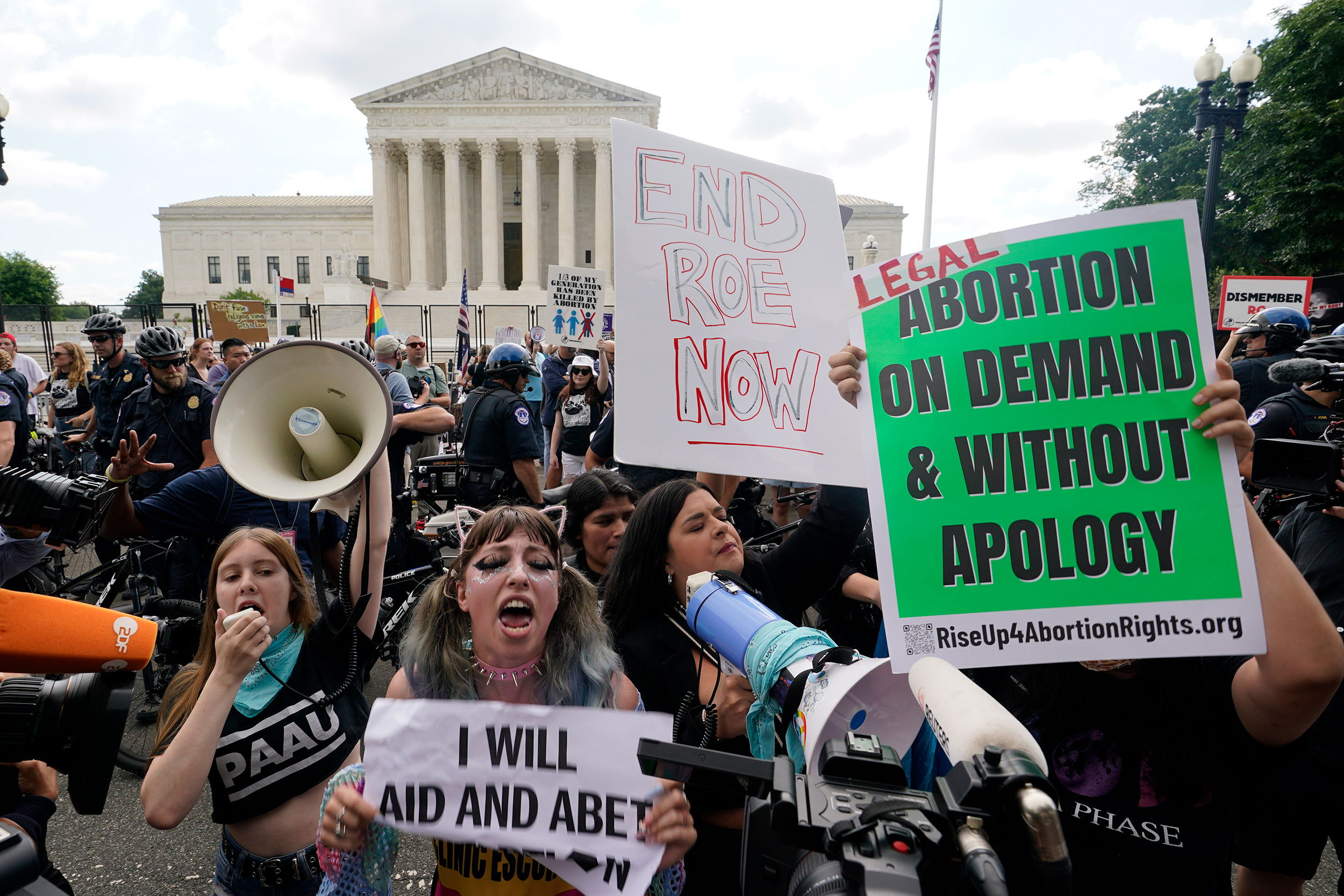The decision to overturn Roe v. Wade, with the opinion written by Justice Samuel Alito, is "very similar to that draft opinion that we saw leak"in May, according to CNN's Jessica Schneider.
"This will have immediate effects here. By all estimates, about half of the states are expected to eliminate the right to abortion. We've got about a half-dozen states that have so-called 'trigger laws' that their abortion bans will go into effect immediately or within the next 30 days or next few months," she said.
"And then we have about a dozen states with so-called 'zombie laws' — those are actually abortion laws that were on the books before Roe v. Wade in 1973 that will go back into effect. On the flip side, there are about 16 states and Washington, DC that have sort of amped-up their abortion protections. They are expecting potentially to see an influx of patients coming into their states to actually get abortions for people who are living in states that will soon not be able to get abortions. So this is in fact a landmark ruling here. This is overturning nearly 50 years of precedent," she continued.
Schneider said she and other reporters will be digging into the opinion further.




